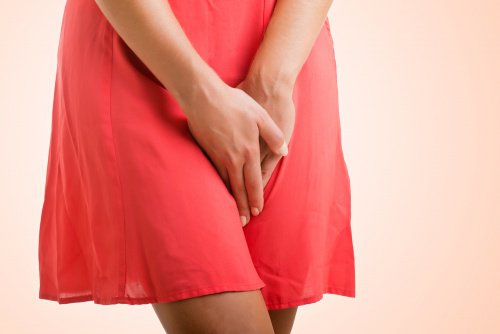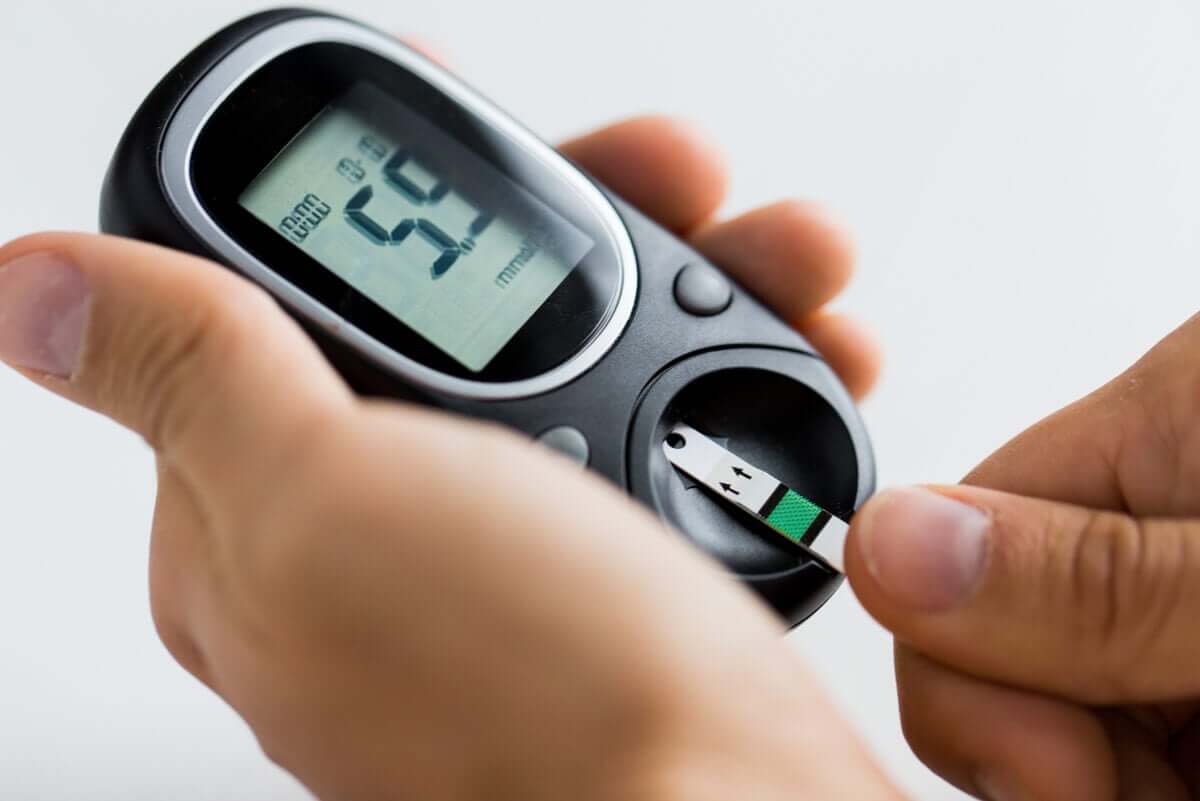Why Do I Always Have to Pee?


Written and verified by the doctor Maricela Jiménez López
Having the urge to urinate constantly can be a symptom that something is wrong with your renal system. This can stem from inadequate hydration and other bad lifestyle habits, but also various disorders.
We will tell you more about this topic below.
You might like: Urine Smells Bad for These 8 Reasons
1. Are you drinking too much water

Having the urge to urinate is normal when you drink a lot of water. On the other hand, having the urge to go to the bathroom without drinking enough water may be a symptom that something’s wrong with your renal system.
When you consume less water, you go to the bathroom less often. If this is often the case, then pay attention because lack of adequate hydration can lead to urinary tract problems, such as stones.
2. You have a small bladder?
This common expression actually has some truth to it, even though it sounds strange. Just like some people can be tall, others can be short, your bladder also has its own unique size. Most bladders have the ability to hold about 2 cups of liquid.
You can measure this with a simple home experiment. All you need to do is take a container and see if you’re getting rid of 1 to 2 cups of urine. Any amount greater or lesser than this isn’t normal.
If you don’t want to do this at home, a laboratory test could also be helpful.
Have you ever wondered if you can train your bladder to hold more liquid? The answer is yes, you can. It can stretch when it’s full, but it’s not healthy to hold our urine, as this causes infections.
3. You have a UTI or kidney stones
When you have a urinary tract infection (UTI) or small crystalline formations known as kidney stones, this could irritate your bladder. This will cause you to have to pee more frequently.
Usually, kidney stone pain is very strong in the back or sides. As for urinary tract infections, their classic sign is a very strong urge to urinate accompanied by pain.
If you don’t pay attention and see a doctor to treat your problem, you could end up having to get surgery to remove these small stones.
You might like: 6 Tips to Eliminate Kidney Stones
4. You’re taking medications that make you have to pee
The things you eat could also cause excessive urges to urinate. This is very common when taking diuretic medications that are oftentimes used to treat high blood pressure.
If you have started treatment and you have recently started to go to the bathroom more often, see your doctor. They can look for an alternative drug that doesn’t have cause side effect for you.
You could have diabetes

What’s your diet like? Are you at an ideal weight? Do you exercise? Needing to urinate is a classic sign of diabetes, and if this is your problem.
When there’s too much sugar in the blood, at a certain point your body will no longer be able to synthesize it into anything else. At that point, the sugar passes through your urine, making you have to pee.
If you suspect that you may have diabetes, see a doctor right away.
Strengthen your pelvic floor if you always have to pee
You shouldn’t have to hold the urge to urinate. However, sometimes as soon as you feel the urge to urinate, you can barely hold it until you find a bathroom.
To avoid this problem, which can lead to urinary incontinence, you can strengthen your pelvic floor muscles.
Kegel exercises, for example, will be of great help. These are performed by squeezing and releasing the muscles used to stop the flow of urine without moving any other part of the body.
They’re also very useful for pregnant women and in the postpartum period. Even your sex life can benefit from practicing these exercises.
As we’ve already said, if you notice an excessive urge to urinate, you should see your doctor for an examination to rule out possible infections, stones, bladder problems, or diabetes.
All cited sources were thoroughly reviewed by our team to ensure their quality, reliability, currency, and validity. The bibliography of this article was considered reliable and of academic or scientific accuracy.
- Foxman, B., Barlow, R., D’Arcy, H., Gillespie, B., & Sobel, J. D. (2000). Urinary tract infection: self-reported incidence and associated costs. Annals of epidemiology, 10(8), 509-515.
This text is provided for informational purposes only and does not replace consultation with a professional. If in doubt, consult your specialist.








